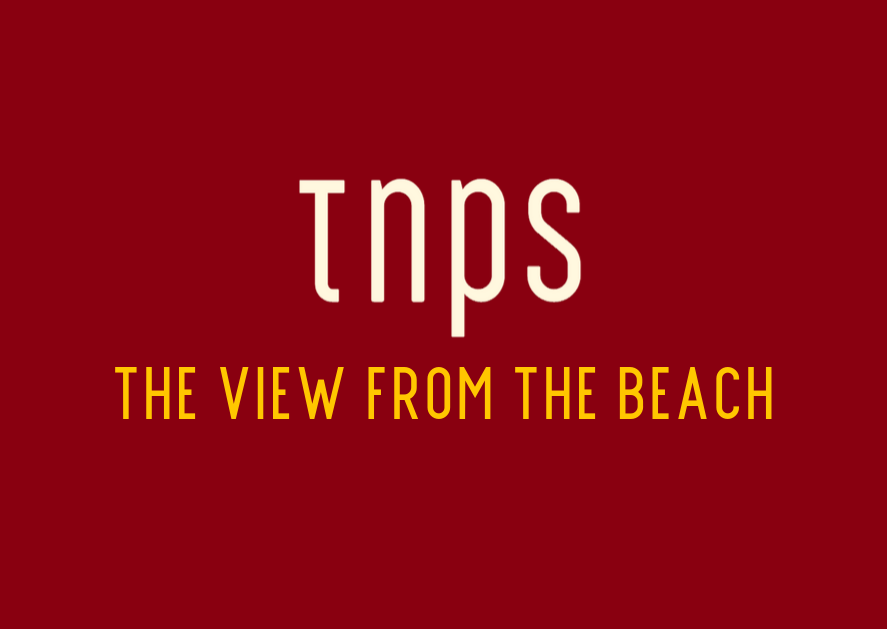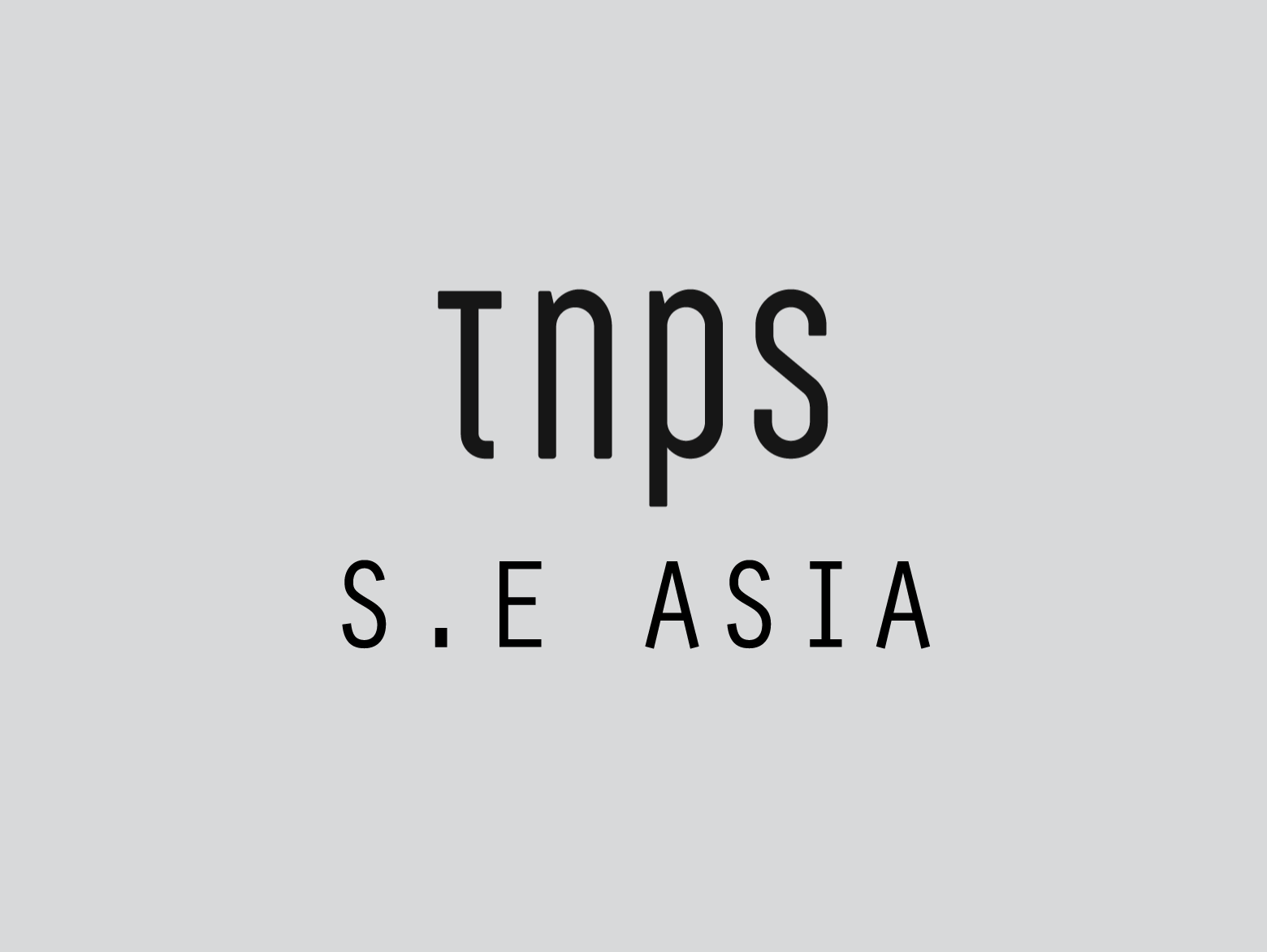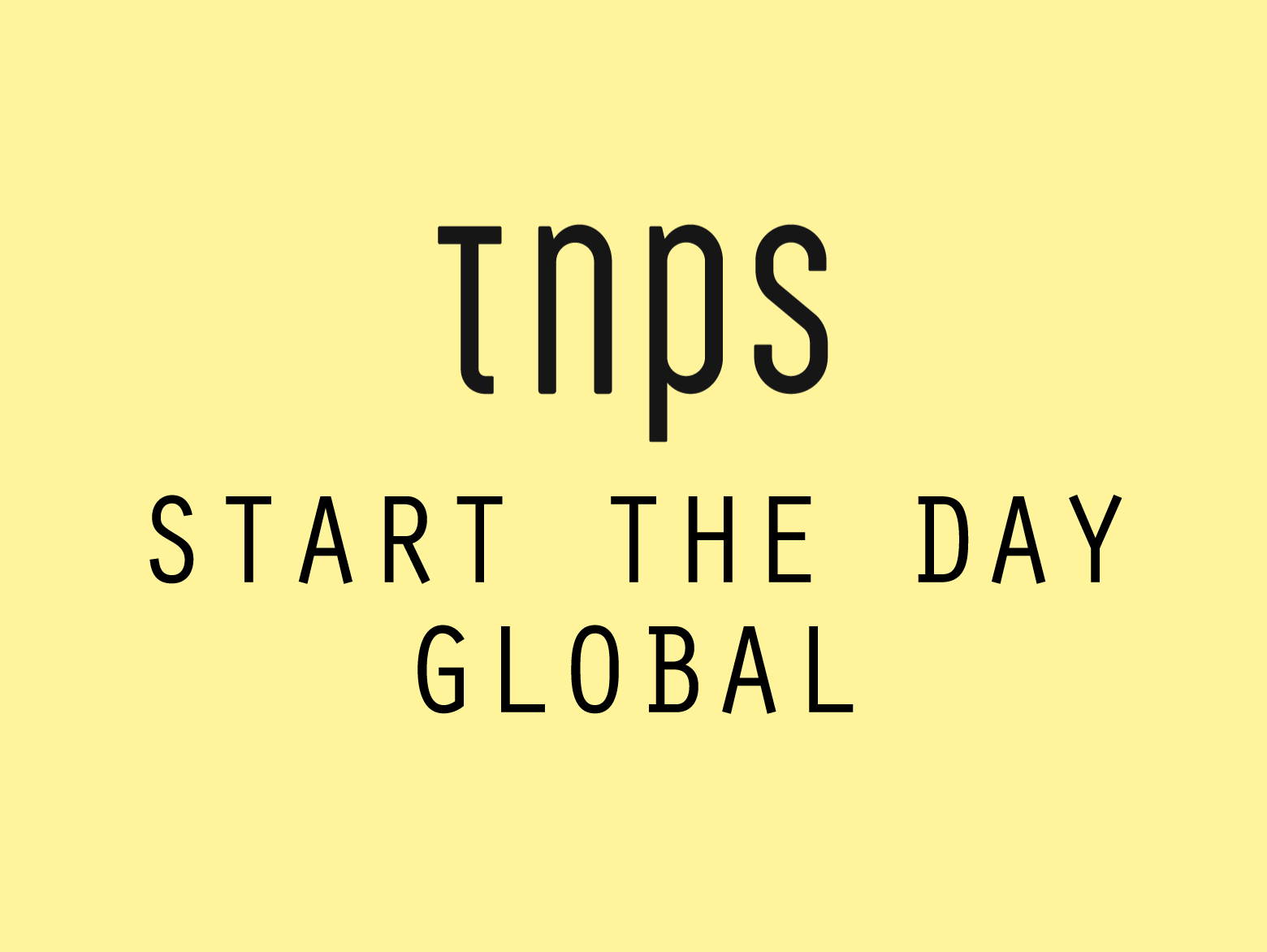Hope for the best. Plan for the worst.
As Donald Trump prepares to take office once again, the publishing industry faces a unique set of challenges. With a compliant Department of Justice (DoJ) under his administration, the potential for increased scrutiny and influence over book publishing decisions is a significant concern.
We are already seeing this week, before he takes office, how Trump will use the law to try control news and book publishing, with both The New York Times and Penguin Random House being threatened with a $10 billion law suit.
Give the timing, let’s quickly review that situation before looking at the bigger picture.
Donald Trump’s legal team, led by Edward Andrew Paltzik, has threatened to sue Penguin Random House and The New York Times for $10 billion, alleging that these entities published defamatory material about Trump, specifically targeting articles and a book titled Lucky Loser: How Donald Trump Squandered His Father’s Fortune and Created the Illusion of Success. John Maher at Publishers Weekly has the details, but the gist is this:
Key Points of the Lawsuit
- Defamation Claims: The lawsuit claims that the book and related articles contain false and defamatory statements about Trump’s business achievements and political ambitions.
- Targeted Journalists: The lawsuit names journalists Peter Baker, Michael S. Schmidt, Susanne Craig, and Russ Buettner, accusing them of intentionally disparaging Trump.
- Broader Legal Campaign: This lawsuit is part of a larger effort by Trump’s team to accuse various media outlets, including CBS News and The Daily Beast, of bias and defamation.
One has to assume both the NYT and PRH were extremely confident of their source material before going down this route, and more importantly that they can justify their claims in court. But given PRH’s recent record in court, when they totally misjudged the legal standing of the PRH attempt to acquire Simon & Schuster, let’s not blithely assume PRH is going to emerge smiling. Especially when, as below, there is a Trump-compliant DoJ looming.
Historical Influence of the DoJ on Publishing
Of course, there is a long history of the DoJ intervening in the publishing industry, primarily through antitrust actions. Back in 2012, the DoJ reached a settlement with major publishers including Hachette, HarperCollins, and Simon & Schuster to address concerns over e-book price-fixing. More recently, as mentioned above, the DoJ in 2021 sued to block Penguin Random House’s acquisition of Simon & Schuster, citing concerns over reduced competition and its impact on authors and consumers.
These examples demonstrate the DoJ’s ability to influence the industry’s structure and practices significantly, even without an agenda of retribution and revenge.
And there’s plenty of evidence for that agenda.
Trump vs. The New York Times
In 2020, Donald Trump filed a lawsuit against The New York Times, alleging defamation over an opinion piece that suggested a quid pro quo between Trump’s 2016 campaign and Russian officials. The lawsuit claimed the article was false and defamatory, but it was dismissed by a judge in 2021, who ruled that the article was protected by the First Amendment. Trump had to pay $400,000 in legal fees.
Trump vs. Simon & Schuster and Mary Trump
In 2020, Donald Trump attempted to block the publication of his niece Mary Trump’s book, Too Much and Never Enough: How My Family Created the World’s Most Dangerous Man. The lawsuit argued that Mary Trump violated a non-disclosure agreement signed in 2001. However, a judge ruled in favor of Mary Trump, allowing the book to be published.
Trump vs. Bob Woodward
In 2023, Donald Trump sued journalist Bob Woodward and his publisher, Simon & Schuster, for releasing audio recordings of interviews conducted for Woodward’s book Rage. Trump claimed that the recordings were his intellectual property and that their release was unauthorized. The lawsuit sought damages and an injunction to stop further distribution of the recordings.
Trump vs. CNN
In 2022, Donald Trump filed a $475 million defamation lawsuit against CNN, alleging that the network defamed him by using terms like “Russian lackey” and “insurrectionist.” The lawsuit claimed that CNN’s coverage was intended to damage his political prospects.
Likely Impact Under a Trump Administration
With Trump in office, the DoJ will be his poodle, and could potentially wield its power to suppress book publishing in several ways:
- Increased Censorship and Legal Challenges: Trump’s legal team has already shown a willingness to pursue defamation lawsuits against publishers. As President, Trump could leverage the DoJ to support these efforts, leading to a chilling effect on publishers who might fear legal repercussions for critical content. Just look at the way Jeff Bezos intervened to prevent the Washington Post from endorsing Kamala Harris.
- Antitrust Actions: While traditionally aimed at promoting competition, antitrust actions could be used selectively to target publishers perceived as hostile to the administration. This could result in increased scrutiny and legal battles for certain companies, diverting resources and potentially stifling critical voices.
- Regulatory Pressure: The administration could introduce or enforce regulations that disproportionately affect publishers of politically sensitive or controversial content. This might include stricter content guidelines or increased oversight of publishing practices.
Book Bans and State-Level Precedents
The rise of book bans at the state level provides a disturbing precedent for potential federal actions. States like Texas and Florida have led the nation in banning books from school libraries, often targeting works that address race, gender, and LGBTQ+ issues. These bans reflect a broader trend of censorship that will almost certainly be amplified under a Trump administration.
Worst-Case Scenarios
In a worst-case scenario, a scenario Trump has already pretty-much admitted, the Trump administration could use existing powers to suppress book publishing through:
- Targeted Investigations: Launching investigations into publishers and authors who produce content critical of the administration.
- A Legal War of Attrition: Trump supporters have endlessly cried “lawfare” at any legal action against Trump, but lawfare is exactly what we can expect once Trump assumes office, and the sheer volume and scale of potential law suits against the industry, funded by the bottomless pockets of the DoJ under Trump’s thumb, will drain publisher resources and impact not just publishing decisions but also redundancy decisions.
- Legislative Changes: Pushing for new laws that restrict the publication of certain types of content or increase penalties for defamation.
- Economic Pressure: Using economic tools, such as tariffs or taxes, to financially burden publishers who do not align with the administration’s views.
- Tariff Impact on Publisher Profits: Even where actions are take that are not deliberately intended to handicap publishers, the impact will be the same. Trump has made clear he will impose heavy tariffs on imports from China. A substantial proportion of the US industry’s published books are off-set printed in China, and will be hit with tariffs as they dock in the US, meaning reduced profits or higher consumer prices, either of which negatively impacts the industry.
- AI Deregulation: Virginie Berger recently examined how Trump’s inevitable AI deregulation might affect the music industry. The publishing industry will be majorly impacted. Watch out for a TNPS analysis shortly if the West African internet and electricity gods are in a good mood.
The TNPS Bottom Line
- The imminent return of Donald Trump to the presidency poses significant risks and challenges for the publishing industry. With a compliant DoJ, the administration can, and inevitably will, exert considerable influence over book publishing decisions, leading to increased censorship, legal challenges, and regulatory pressure, quite apart from the economic impact of tariffs on imports.
2. Publishers need to remain vigilant and prepared to defend the principles of free expression and the free exchange of ideas, but that will be easier said than done once Trump takes office, and the constitutional guarantees Americans have for so long taken for granted will be tested to their limits.
Hope for the best. Plan for the worst.
This post first appeared in the TNPS LinkedIn newsletter.




